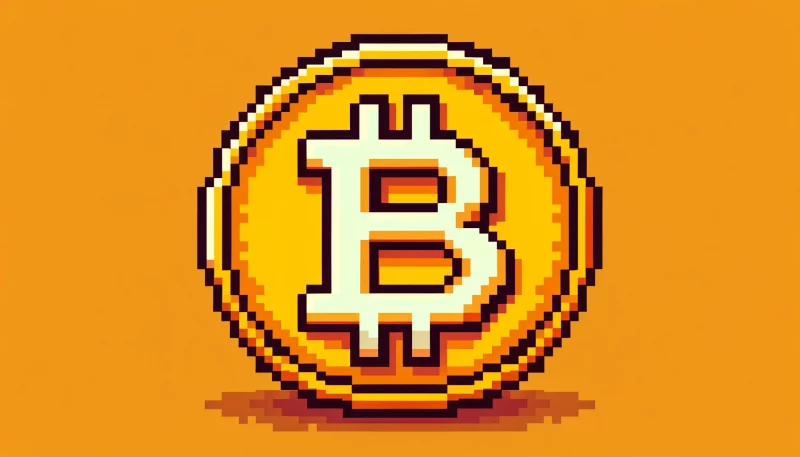
Ordinals and Runes are proof of Bitcoin’s permissionless nature: Casey Rodarmor
Rodarmor's Bitcoin protocols highlight the alpha blockchain's adaptability and governance challenges.
Casey Rodarmor, the creator of the controversial Ordinals and Runes protocols on Bitcoin, recently discussed his motivations and the impact of his work on the Bitcoin network at Consensus 2024 in Austin, Texas.
Rodarmor claims that the objective of his work with Ordinals and Runes is to ensure that Bitcoin remains secure and that its applications are also secure, allowing individuals to transact and use the network as they see fit, outside of state authority and censorship.
“I think the only thing that’s interesting about any sort of blockchain is the extent to which it can resist the government,” Rodarmor said.
Rodarmor’s protocols have faced both enthusiasm and criticism from the Bitcoin community. Ordinals enable the creation of trackable satoshis similar to non-fungible tokens (NFTs) on the Bitcoin blockchain, while Runes, launched to coincide with the Bitcoin halving event on April 19, 2024, allows for the creation of tradable assets similar to tokens on Ethereum.
Despite the controversy, Rodarmor maintains that his work is proof of Bitcoin’s permissionless nature, demonstrating that it is possible to build applications on the network that are as resistant to censorship as Bitcoin transactions themselves.
He acknowledged that while Runes may be less important than Bitcoin itself, it provides a “niche, fun, degenerate thing” that crypto traders seem to desire, while also contributing to Bitcoin’s fee economy. Rodarmor also addressed Bitcoin’s “anarchic” governance structure, describing it as “dysfunctional” but likely the best form of governance for the network.
He notes that the lack of formal governance makes some people uncomfortable, but it is this very lack of centralized control that allows for the development of protocols like Ordinals and Runes, which may not have been permitted otherwise.
“What makes people uncomfortable about Bitcoin governance is that there is no formal governance, […] we actually want it to be an anarchic, messy process,” Rodarmor claimed.
The historic halving event in April 2024 saw the highest fees ever paid for a Bitcoin block, at over $2.4 million in BTC. Although transaction fees have since normalized, they remain higher than the sub-dollar prices seen throughout much of 2022 and 2023.
Rodarmor believes that his work contributes to the security and robustness of the Bitcoin network by attracting users and generating transaction fees, which will become increasingly important as the mining subsidy decreases over time.
Despite criticism from some prominent figures in the Bitcoin community, including Bitcoin core developer Luke Dashjr, Rodarmor remains committed to his work as a self-described “enthusiast” developing these protocols without grants or funding. He believes that his projects give people a preview of Bitcoin’s destiny and the potential for a sustainable fee economy.
Note: A previous version of this article quoted Rodarmor as saying “assist” the government. This has been corrected to “resist” based on the corrected transcription from Daniel Kuhn’s initial post quoting the former.
